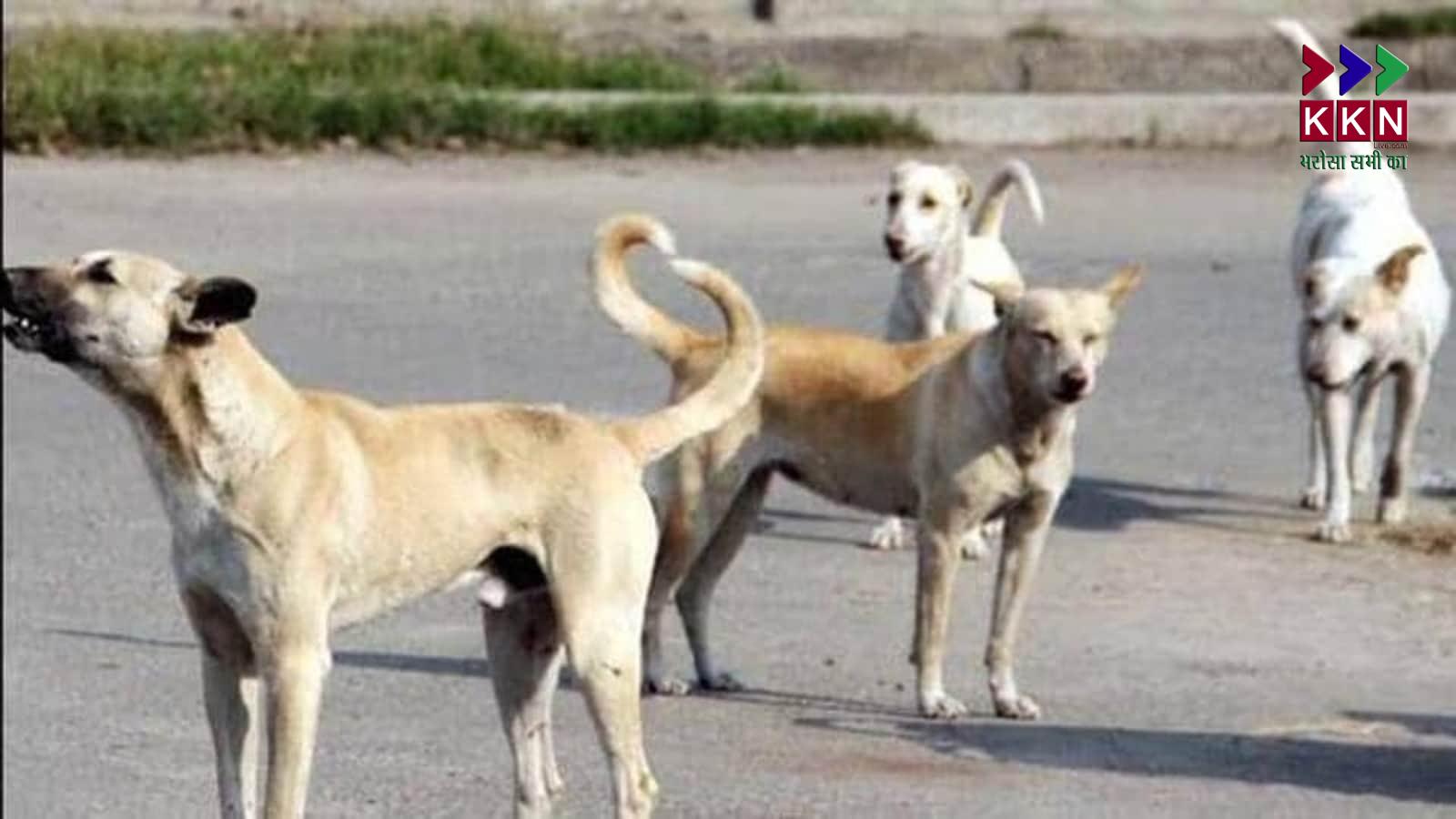
The Supreme Court of India delivered a crucial judgment on Friday that directly impacts stray dogs across Delhi and the NCR region. The decision has brought significant relief to animal lovers and clarified the responsibilities of civic authorities. With changes to the earlier directive issued on August 11, the apex court stated that stray dogs will not be confined to shelters permanently. Instead, they will be vaccinated, given deworming treatment, and released back to their original locations. This ruling balances public safety with animal rights, creating new rules for feeding, adoption, and civic responsibility.
Court Alters Its Earlier Order
The three-judge bench comprising Justice Vikram Nath, Justice Sandeep Mehta, and Justice NV Anjaria reviewed the August 11 order. The earlier order had placed restrictions on the release of stray dogs from shelters. After hearing arguments from multiple stakeholders, the court decided that the blanket restriction was unnecessary.
The revised order clearly states that dogs cannot be permanently kept in shelters unless they are suffering from rabies or are extremely aggressive in nature. In all other cases, stray dogs will be treated, vaccinated, and then released back to the places where they were originally found.
Relief for Stray Dogs and Animal Lovers
This judgment was welcomed by dog lovers across Delhi NCR who had been protesting the earlier directions. Many organizations working for animal welfare had argued that keeping stray dogs confined to shelters was neither humane nor practical. The new ruling recognizes the need to protect the rights of stray animals while also ensuring safety in public places.
However, the court also clarified that stray dogs cannot be fed at random public spots. Instead, the Municipal Corporation has been directed to create designated feeding centers in every ward. These centers will allow dog lovers to feed stray dogs in a regulated environment, reducing conflicts in residential areas and ensuring cleaner surroundings.
Feeding Rules for Stray Dogs
The bench made it clear that feeding stray dogs at public locations such as roads, markets, and parks will not be permitted. The judgment requires civic bodies to set up proper Dog Feeding Centers in every ward of Delhi NCR. Once established, these feeding points will become the only authorized places where animal lovers can provide food to stray dogs.
The aim behind this order is to prevent accidents, reduce complaints from residents, and at the same time protect the rights of dogs to receive care. This structured approach also helps monitor the health of stray dogs more effectively.
Vaccination and Deworming Mandate
One of the most important parts of the judgment is the compulsory vaccination and deworming of stray dogs. The court stated that no stray dog should be released from a shelter unless it has been given proper deworming medicine and has received vaccination against diseases such as rabies.
This rule ensures that dogs released back into society are safe for human contact and also prevents the spread of infections. The Supreme Court emphasized that protecting public health is as important as protecting the rights of stray dogs.
Restrictions on Aggressive and Rabid Dogs
While the ruling provides relief to most stray dogs, it also draws a strict line when it comes to aggressive or rabid dogs. The court ruled that dogs suffering from rabies or displaying uncontrollable aggression cannot be released into public spaces. These dogs must remain in shelters under supervision.
This part of the order aims to protect citizens from potential harm and at the same time ensures that sick dogs receive proper medical care rather than being left unattended on the streets.
Civic Authorities Directed to Act
The Supreme Court order places several responsibilities on the Municipal Corporation of Delhi and other civic bodies. The court directed the MCD to establish feeding centers across all wards within a fixed timeframe. It also instructed authorities to set up a helpline number for reporting violations related to stray dog management.
The bench further warned that anyone obstructing government officials while they are engaged in the process of capturing or treating stray dogs would face fines. This includes those who try to interfere with vaccination or sterilization drives.
Cost and Responsibility for Animal Lovers
The judgment also imposes some financial responsibility on NGOs and animal lovers. Every registered NGO or individual animal welfare group working with stray dogs will be required to deposit Rs 25,000 with the municipal corporation. This payment is designed to ensure accountability and commitment from organizations working in the sector.
Additionally, the court mentioned that animal lovers who want to adopt stray dogs can apply to the MCD. Once approved, such adoptions would allow individuals to take legal responsibility for the dogs they care for.
Adoption as a Practical Solution
The option of adoption was highlighted as an important way forward. Many stray dogs live in harsh conditions and are vulnerable to disease, hunger, and abuse. By allowing citizens to adopt these animals formally, the court is promoting a long-term solution that benefits both the dogs and society.
The MCD will be responsible for processing applications and ensuring that those adopting dogs have the facilities and willingness to provide proper care. This also reduces the number of dogs left on the streets without supervision.
Balancing Safety and Compassion
The Supreme Court judgment reflects an attempt to strike a balance between compassion for animals and public safety concerns. On one hand, it protects the basic rights of stray dogs by ensuring they are not unnecessarily confined. On the other, it addresses fears among citizens about aggressive animals, uncontrolled feeding, and the risk of disease.
Animal rights activists welcomed the recognition that dogs are part of the community and cannot simply be removed from their natural surroundings. Residents, meanwhile, expressed relief that feeding will be restricted to designated areas, reducing daily conflicts.
Legal and Social Impact of the Judgment
The ruling is expected to set a precedent for other cities facing similar challenges with stray dogs. By creating a structured system involving vaccination, feeding centers, and clear adoption rules, the judgment lays out a model that can be implemented nationwide.
It also clarifies the legal responsibilities of both authorities and citizens, reducing confusion and conflicts. This approach can help bridge the gap between animal lovers and those concerned about public health and safety.
The Supreme Court’s order on stray dogs in Delhi NCR is a landmark in balancing human-animal coexistence. By modifying its earlier directions, the court ensured that healthy dogs would not be forced to live in shelters. Instead, they will return to their familiar surroundings after vaccination and treatment.
The establishment of feeding centers, mandatory deworming, financial accountability for NGOs, and strict rules for aggressive dogs form the backbone of this new framework. The judgment has been hailed as both humane and practical, addressing the concerns of animal lovers while safeguarding public health.
With this ruling, Delhi NCR moves towards a more organized system of managing stray dogs, one that values compassion but also ensures responsibility. The challenge now lies with the authorities to implement these guidelines effectively and with the citizens to cooperate in building a safer and kinder environment for both humans and animals.


